Alliance Building
We support networking among our partners through learning grants which fund peer-to-peer training for professional development. This creates opportunities for exchange and support, and the chance to establish new coalitions and communities of practice, of which we are also proud backers.
At Partners Asia, we acknowledge that we are not the experts. We listen to our partners and leverage our resources to support locally driven strategies and visions of change.
These partners have increasingly expressed a need to form local alliances of like-minded leaders and networks for influence and advocacy. That is why we support initiatives such as:
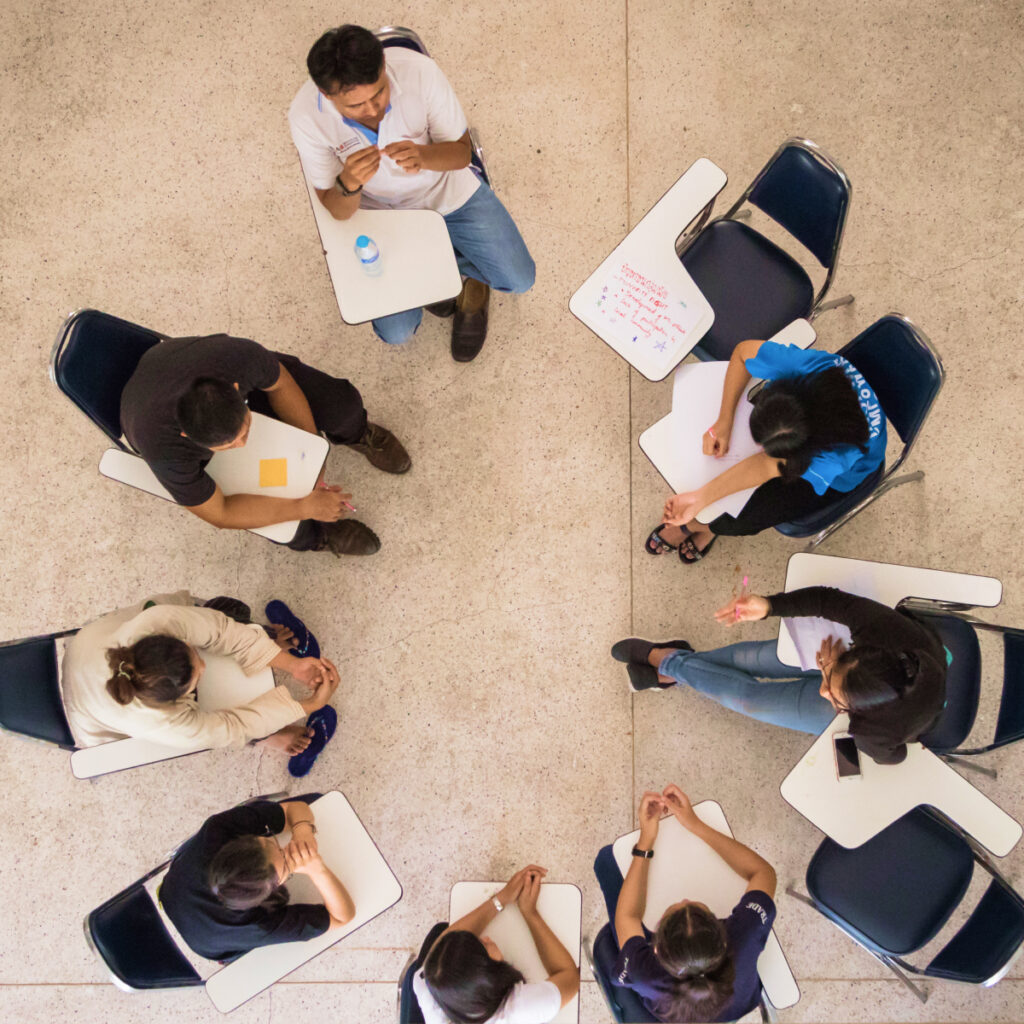
Partner exchanges and learning grants
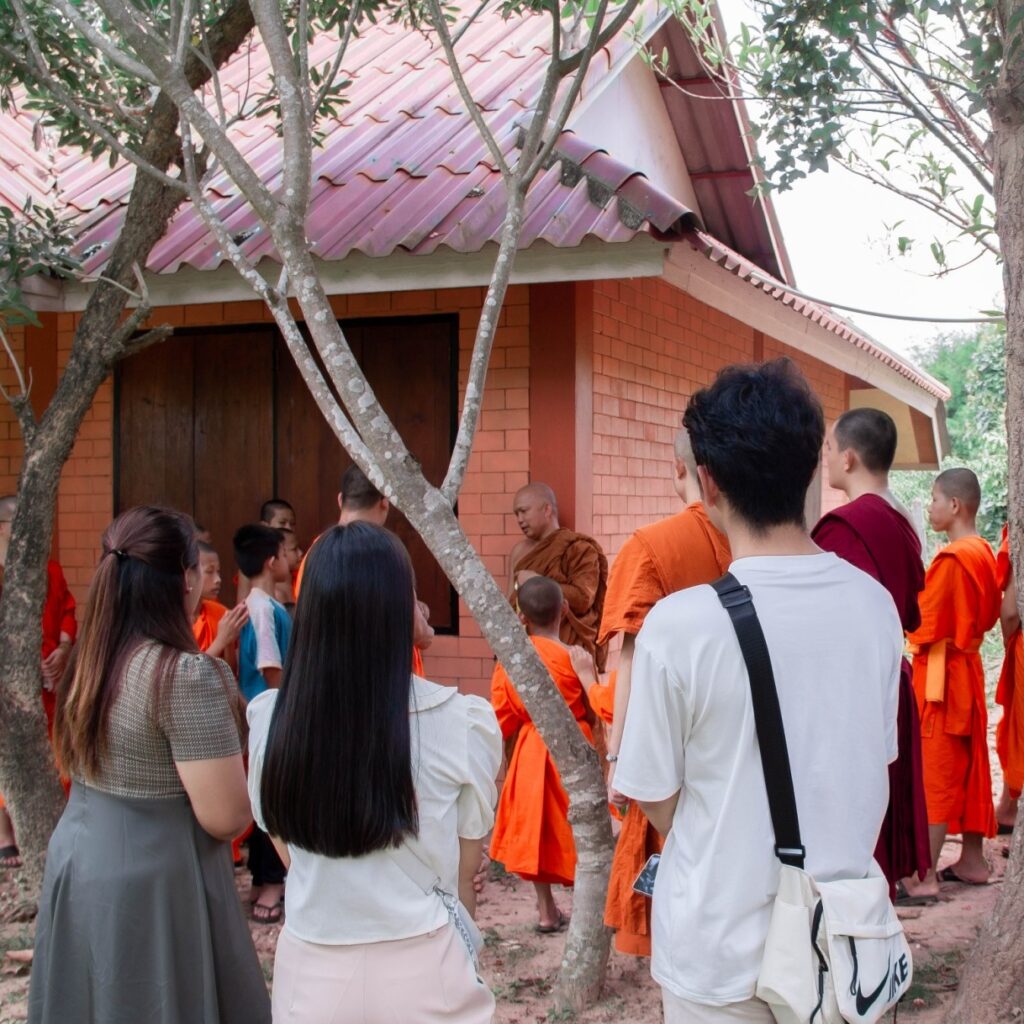
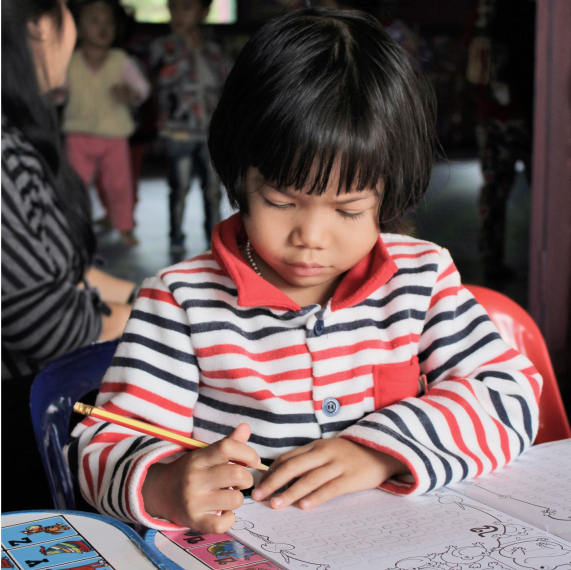
Globally, there has been a lack of support for local groups simply to meet and exchange new ideas together or attend peer-to-peer trainings. That’s why Partners Asia launched a small grantmaking program offering up to US$1,000 to our partners for these purposes. These funds could be to visit and liaise with other community-based organizations or to conduct a workshop of the recipient’s choice or to engage in a learning experience that would contribute to their work. In 2023, the demand was so high that our $12,000 pool of funds was spoken for within four days. Partners Asia has started working to scale up this project in the years to come.
Networks on migration
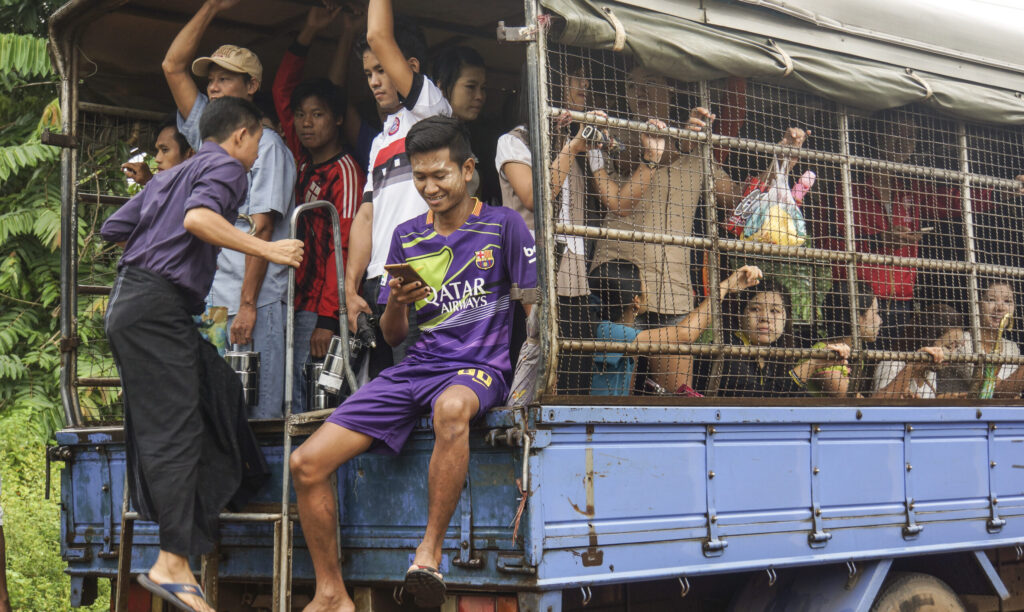
Many of our partners have come together to support the rights of migrant children in education, to confront widespread statelessness, and to address and improve reproductive health awareness in their communities. Their efforts to build a coalition around these issues have increased solidarity and brought leaders together who are committed to creating a better future for those on the margins of society.
Youth groups
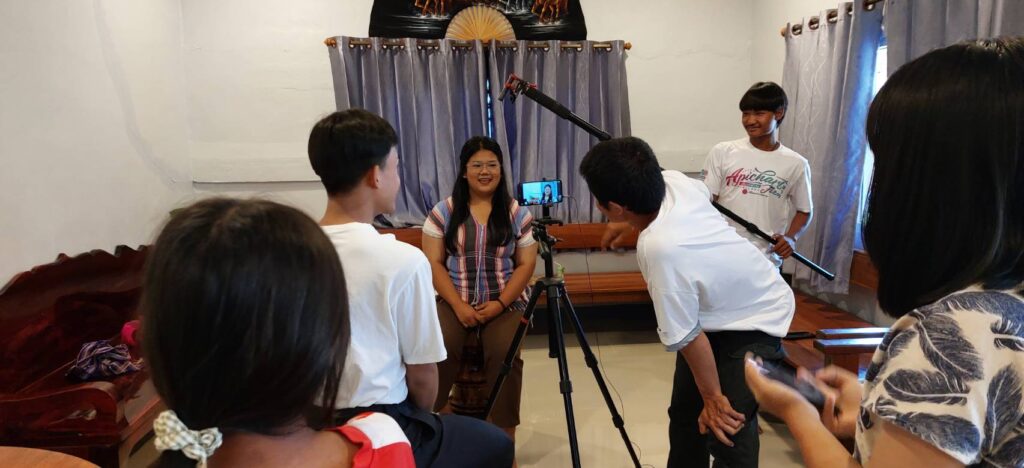
Teens who are the children of migrant workers are often caught between cultures, facing difficulties concerning both their legal status and their sense of belonging. The youth groups they have formed, which convene in person and online, allow them not only to connect and compare experiences with one another but to design and implement their own community development and education projects. This has strengthened their leadership skills, their sense of identity and their belief in the future.
